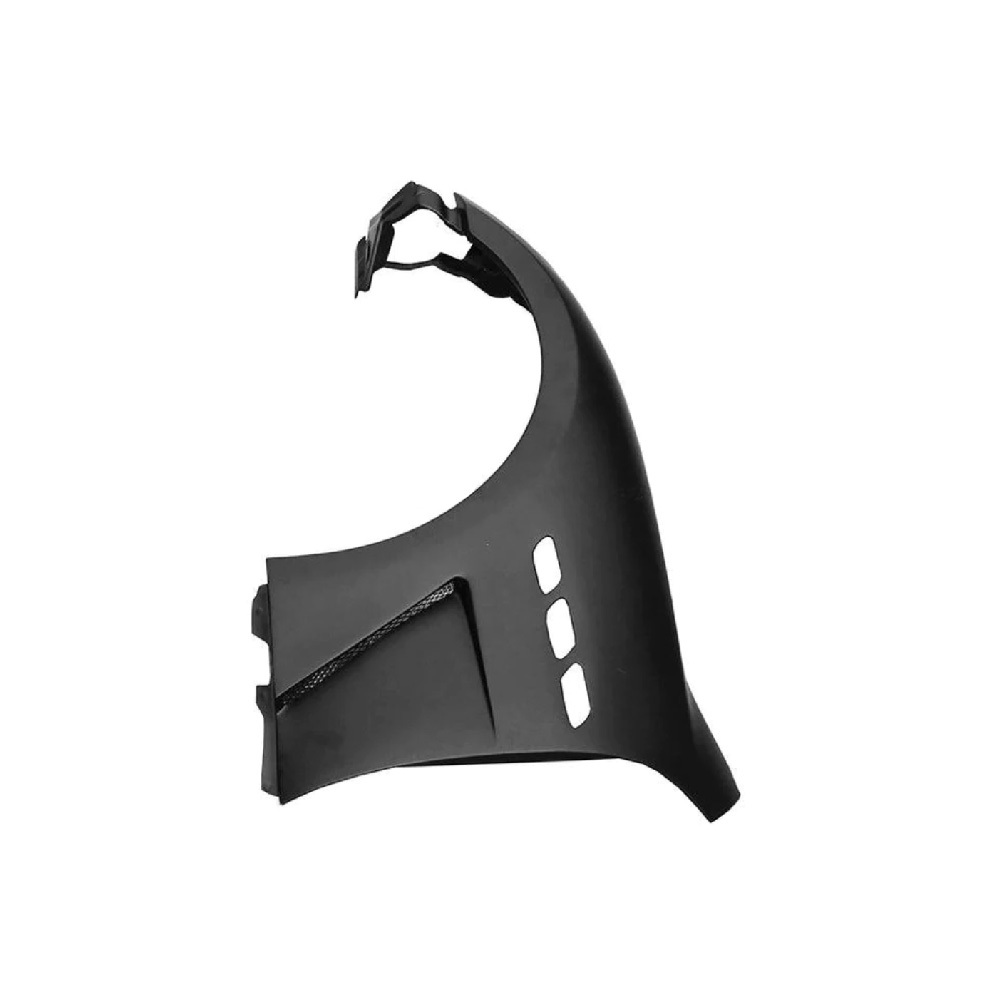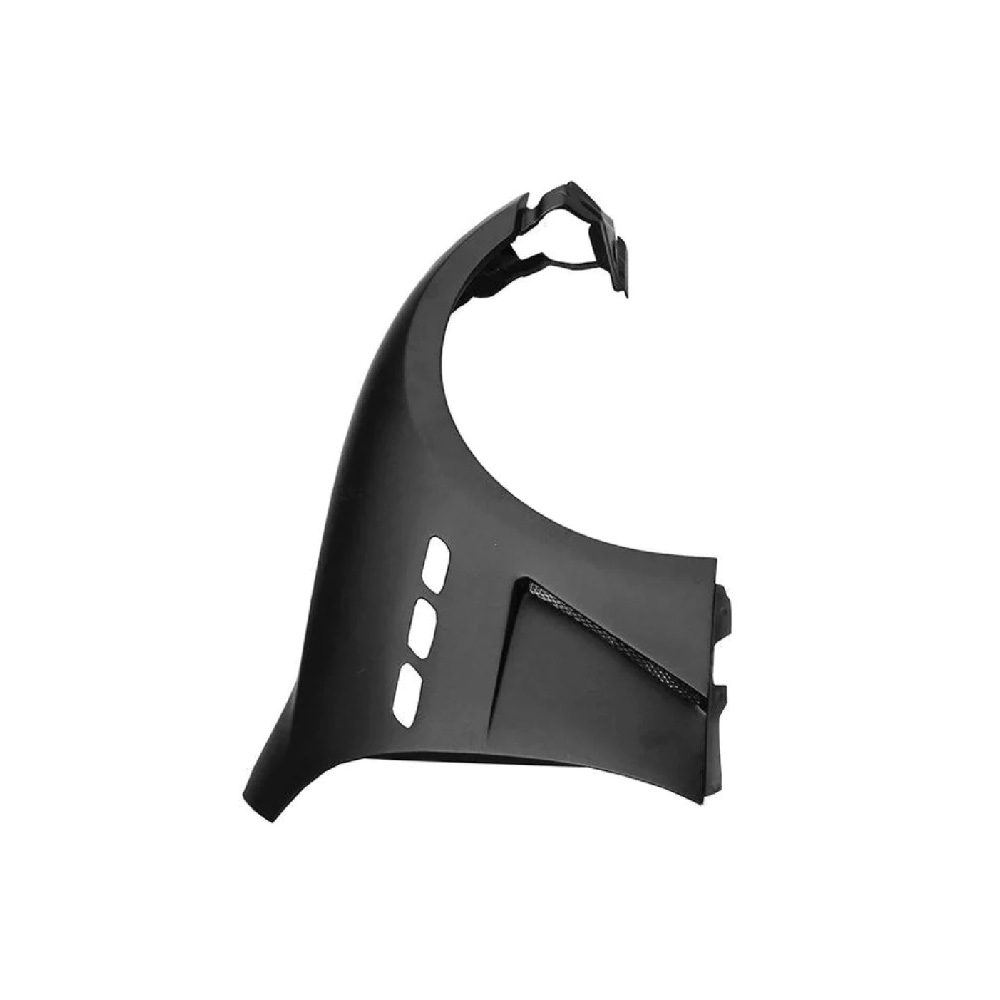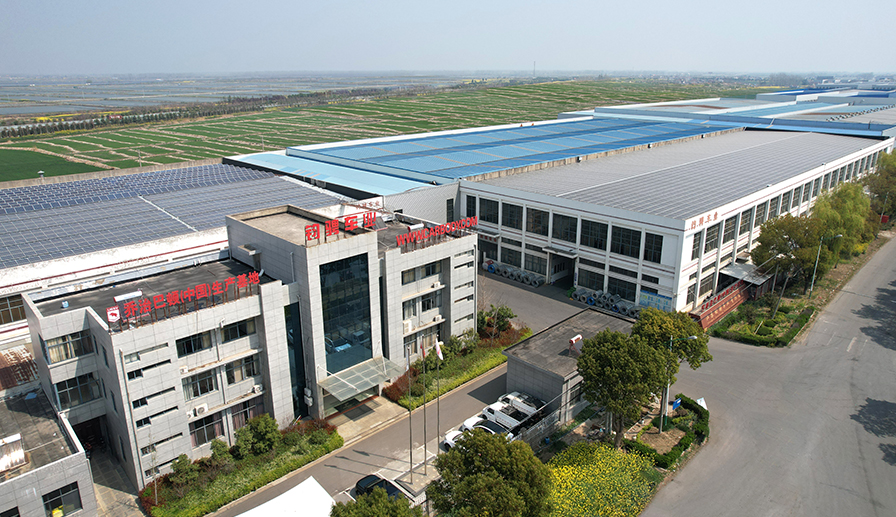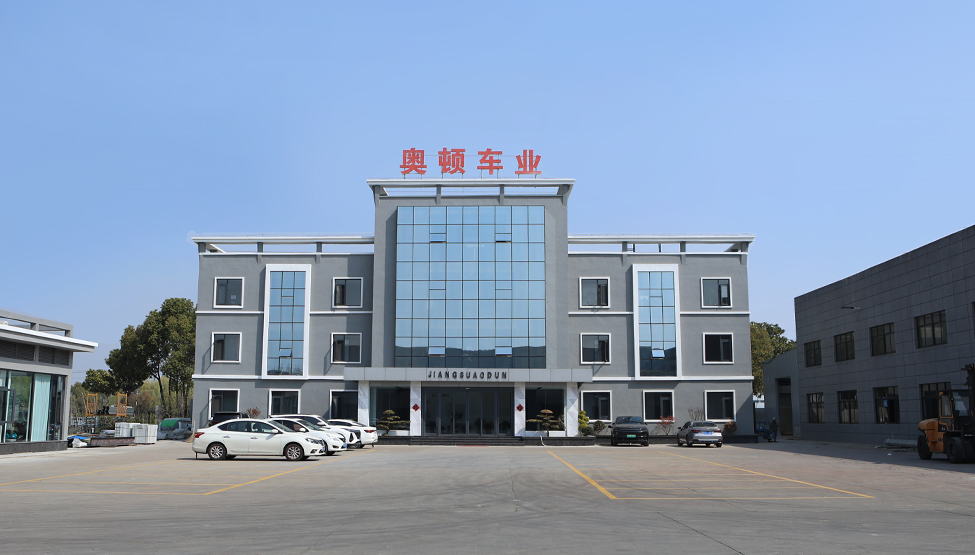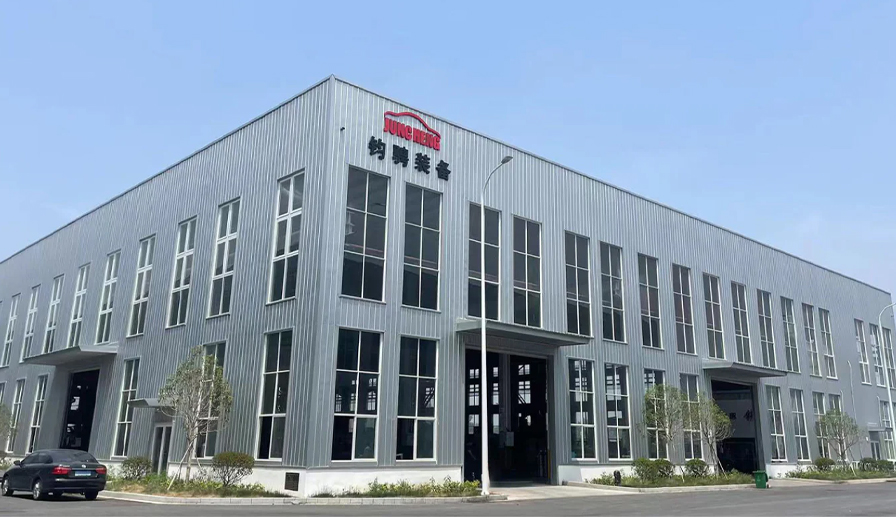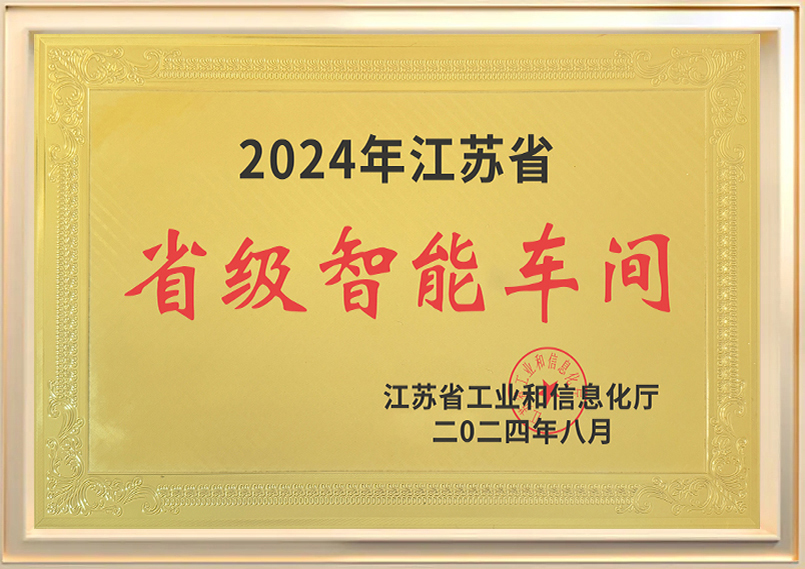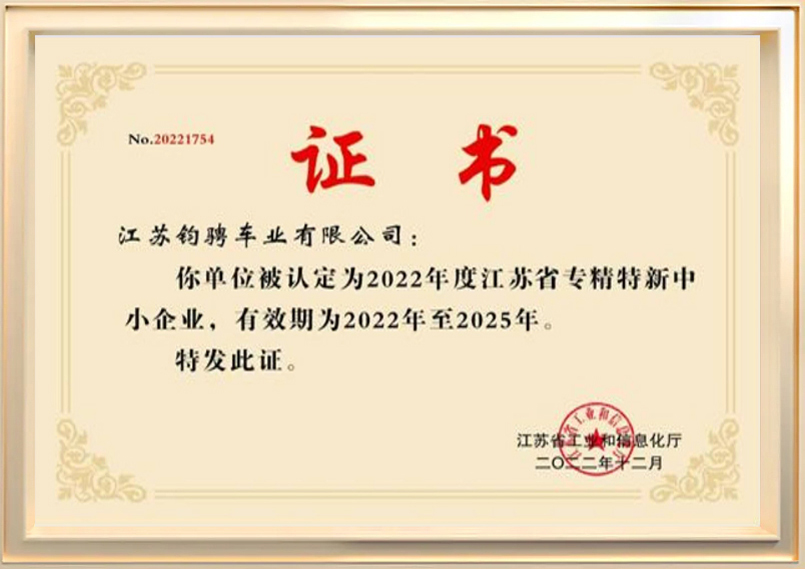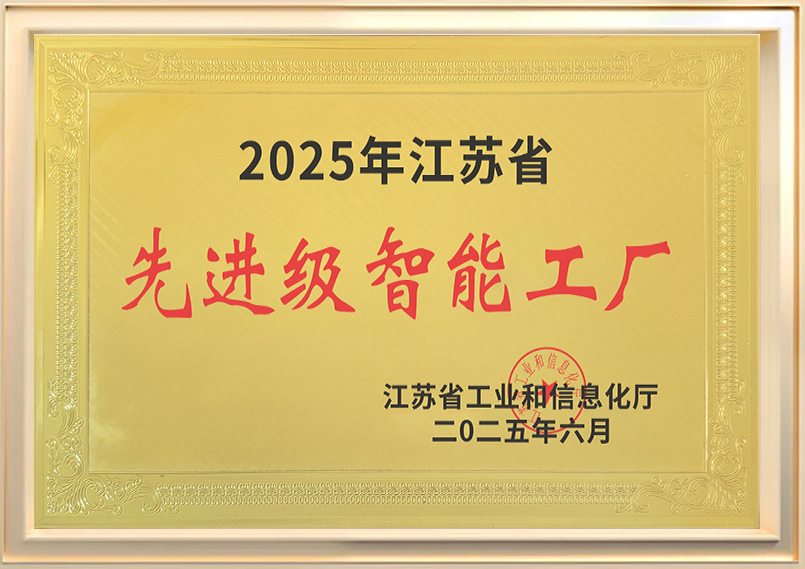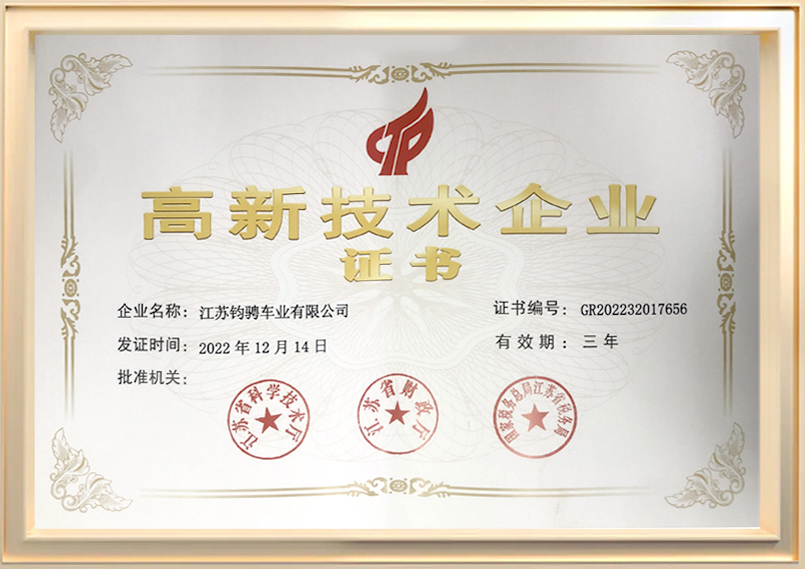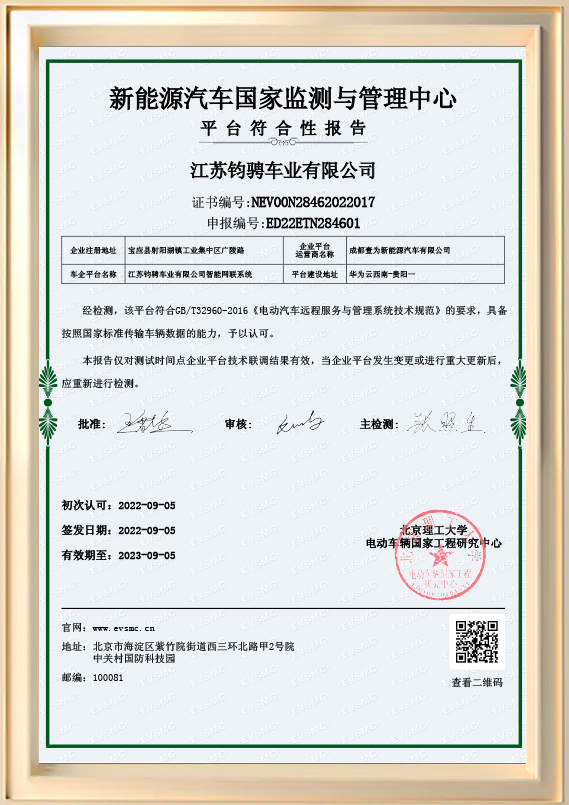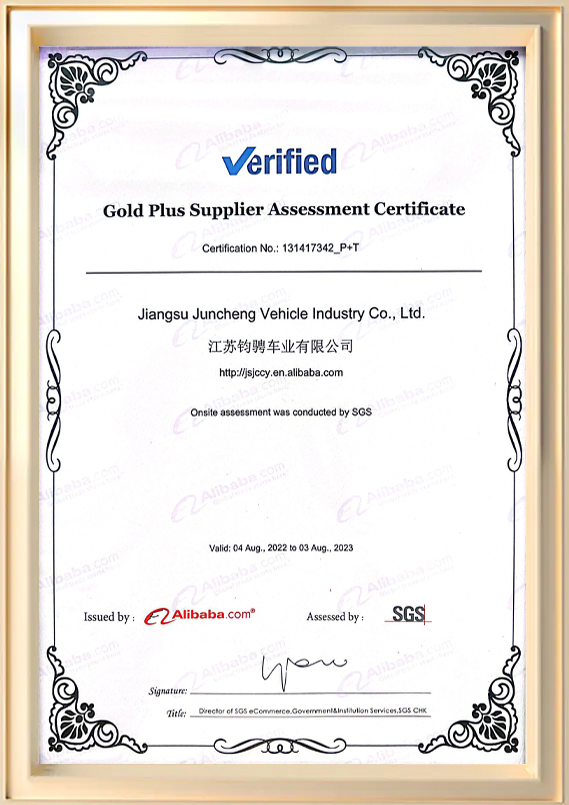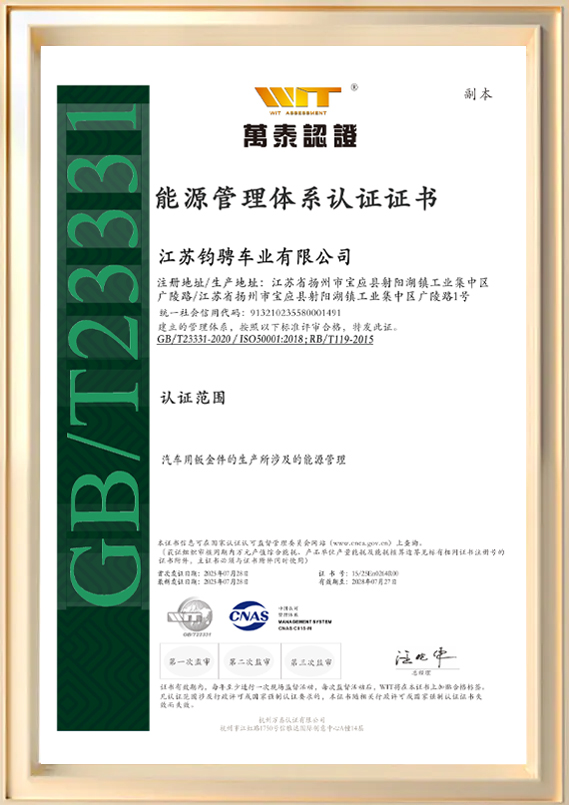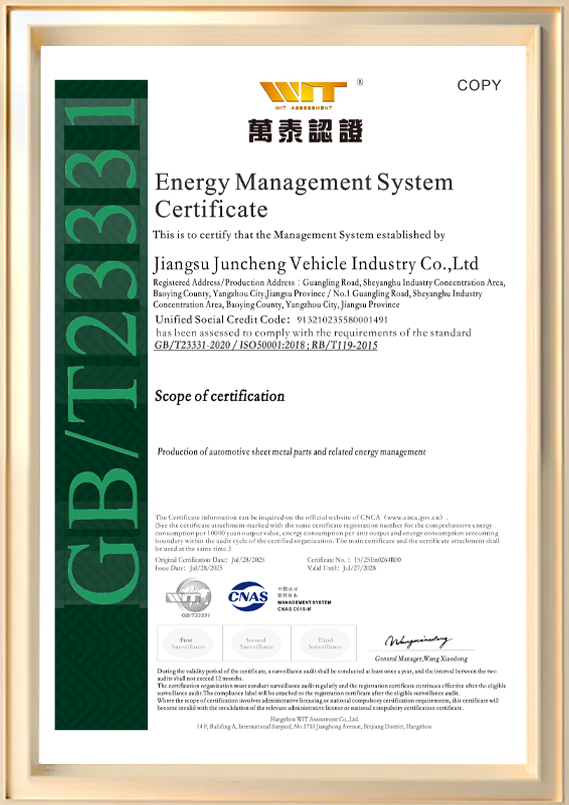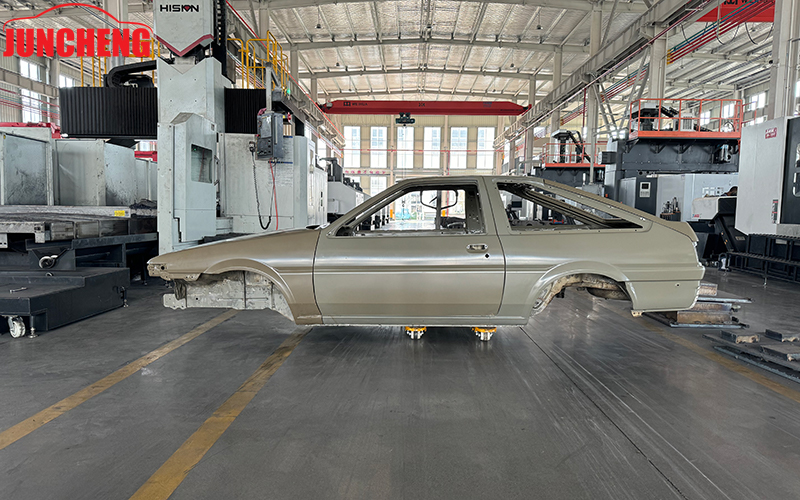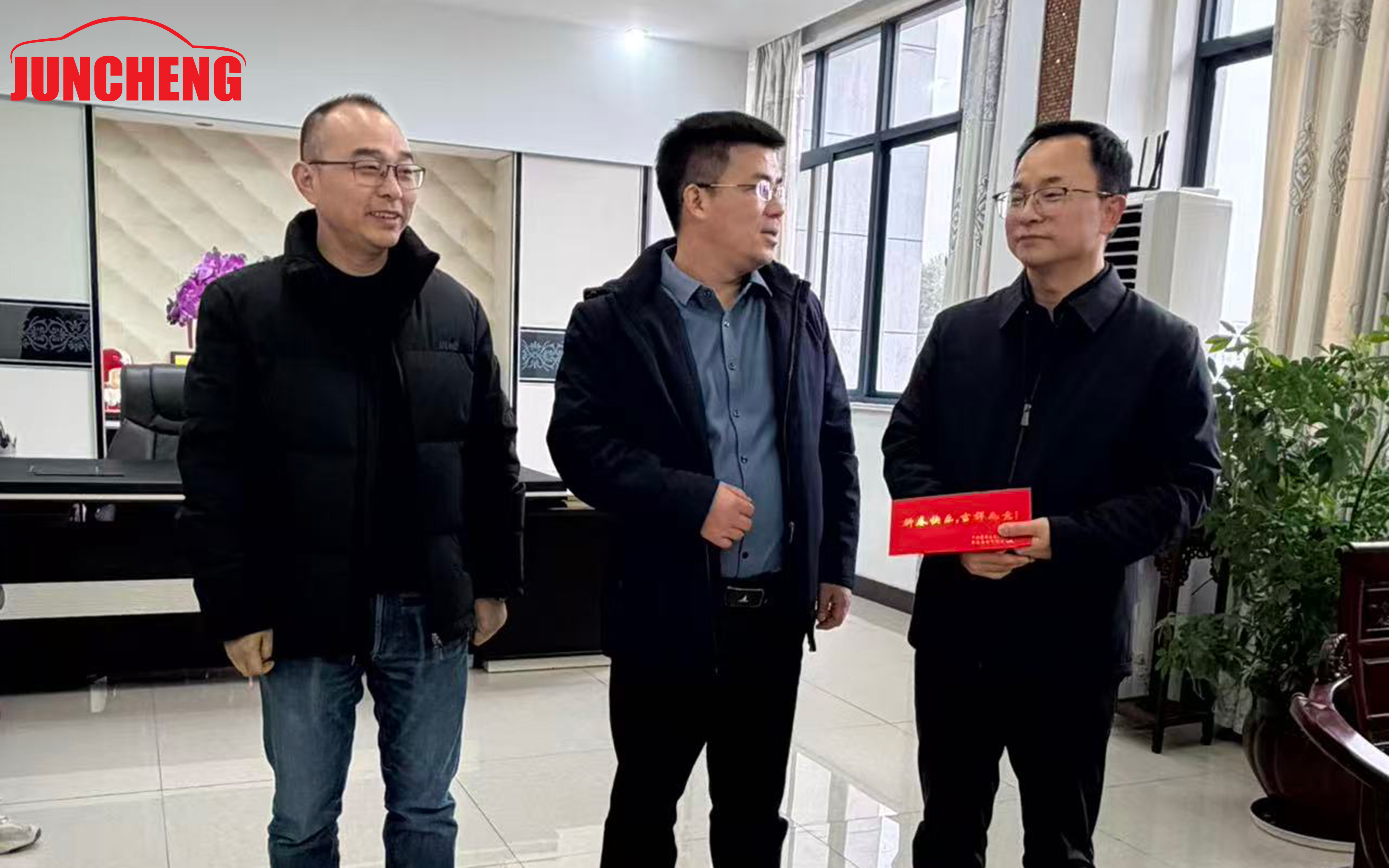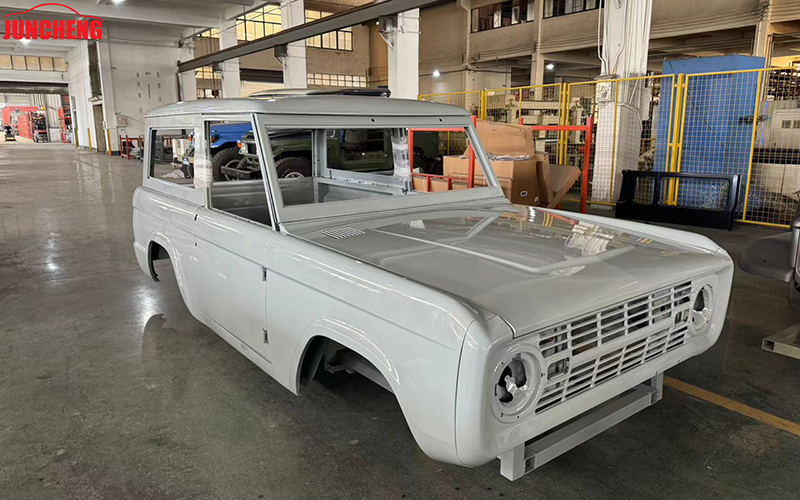What special alloys or composite materials are typically used in Maserati Parts' high-performance body components? How do these materials improve the vehicle's lightweight, strength, and impact resistance?
In the design of high-performance luxury vehicles like Maserati, the choice of materials for body components is crucial to the overall performance, durability, and safety of the vehicle. To achieve the optimal performance balance, Maserati Parts utilizes a range of special alloys and composite materials in its body components, primarily aimed at optimizing lightweighting, enhancing strength, and improving impact resistance.
- Aluminum Alloys: Maserati extensively uses aluminum alloys in some body components (such as the hood, doors, and fenders). Aluminum alloys are widely used in performance cars due to their lightweight properties and excellent corrosion resistance. Compared to traditional steel, aluminum alloys reduce the overall weight of the body, thereby improving fuel efficiency, handling, and acceleration performance. Furthermore, the corrosion resistance of aluminum alloys makes the vehicle more durable in harsh environments.
- Advantages: Reduced body weight, improved fuel efficiency and handling, while enhancing corrosion resistance.
- Challenge: Higher manufacturing cost, and potentially lower strength compared to steel in crash tests.
- High-Strength Steel (HSS) and Ultra-High-Strength Steel (UHSS): In key structural components (such as the body frame, side panels, and door beams), Maserati Parts utilizes high-strength steel and ultra-high-strength steel. These materials optimize body weight while ensuring body strength and structural rigidity. Particularly in areas like door and window frames, the high tensile strength of these steels ensures excellent protection in a collision.
- Advantages: Provides excellent crash protection and body strength, particularly in side and front/rear impacts.
- Challenge: While strong, it is relatively heavy.
- Carbon Fiber Composites: To further enhance Maserati's lightweight design, especially for high-performance models (such as the Maserati Alfieri and GranTurismo), carbon fiber composites are used. These materials are not only lightweight but also possess very high tensile strength and excellent impact resistance. The application of carbon fiber is particularly prominent in the body, roof, interior, and chassis, significantly reducing overall vehicle weight and improving driving performance.
- Advantages: Extremely lightweight and extremely high strength, significantly improving body rigidity and crash safety while reducing weight.
- Challenges: Higher cost, complex manufacturing process, requiring high-precision production facilities.
By using these high-performance alloys and composite materials, Maserati Parts enhances vehicle lightweighting while ensuring strength, impact resistance, and safety. Lightweighting not only improves handling but also optimizes powertrain performance, resulting in a more agile driving experience.
Maserati Parts Metal Sheet Metal Repair and Replacement Cycle
Maserati Parts are a crucial part of a vehicle's appearance and structure, affecting not only its aesthetics but also its safety, strength, and durability. Body metal sheet metal components include doors, hood, fenders, and trunk lid. These parts typically utilize high-strength steel, aluminum alloys, or steel-aluminum hybrid materials to ensure vehicle strength and lightweight design.
- Door, Hood, and Fender Repair and Inspection Cycle:
- Inspection Frequency: Generally, owners should inspect these metal sheet metal components every 12 months or every 20,000 kilometers, especially after minor collisions or scratches. Even minor impacts can cause slight deformation of the body structure, affecting the vehicle's aerodynamics and driving stability.
- Repair Cycle: If the vehicle body has obvious scratches or dents, or if components such as hinges or weatherstripping on the doors, hood, or fenders are damaged after a collision, they usually need to be repaired or replaced as soon as possible. If these components are significantly damaged, they must undergo professional repair to avoid compromising safety. For sheet metal parts with minor cosmetic damage, reconstruction repair or sheet metal repair tools can be used.
- Replacement Cycle: The replacement cycle for sheet metal parts is usually related to the severity of the vehicle collision. Normally, owners should replace doors, hoods, or fenders when they show serious damage (such as cracks or large dents), especially if the repair would affect the aesthetics or aerodynamics of the vehicle.
- Inspection and Maintenance of Aluminum Alloy and Steel Sheet Metal Parts:
- For aluminum alloy sheet metal parts used by Maserati (such as doors or hoods on some high-performance models), aluminum alloy has better corrosion resistance than steel. However, in the event of a collision or high pressure, aluminum alloy is more difficult to repair and requires more refined craftsmanship. Generally, aluminum alloy sheet metal parts should be replaced if severely deformed or impacted.
- For high-strength steel sheet metal parts, due to their superior impact resistance and higher cost, they are usually partially repaired after an accident, rather than completely replaced.
- Regular Inspection and Maintenance:
- Body Rust Prevention Inspection: Rust prevention of sheet metal parts is a crucial part of maintenance. It is recommended that car owners have a rust prevention inspection of the body every 12 months, especially in damp areas or areas where road salt is used in winter. Check the paint on the sheet metal parts for integrity, cracks, or peeling, as these can affect the corrosion resistance of metal components.
- Body Sealing Strip Inspection: The sealing strips on doors, hoods, and fenders gradually age over time and with use, affecting their waterproof and dustproof performance, and may even lead to rust inside the vehicle. Regularly inspect the sealing strips, typically every 1-2 years, and replace them according to their wear condition.
- Damage Assessment and Repair:
- If the owner discovers cracks or deformation in the sheet metal after a minor collision, it is recommended to have a professional assessment as soon as possible to determine whether the problem needs to be resolved through sheet metal repair (such as stretching or reshaping) or part replacement. Severe body deformation not only affects the appearance but may also affect the structural strength of the vehicle body, impacting safety performance.
- Replacement Cycle After Collision Damage: If metal sheet metal parts (such as doors or fenders) have been involved in a severe collision, especially those affecting structural safety, complete replacement is usually required to ensure the vehicle's collision energy absorption capacity and occupant safety.
Does Maserati use environmentally friendly materials in its parts manufacturing?
As a leading global luxury car brand, Maserati is committed to providing an exceptional driving experience and high-quality parts, while also incorporating environmental principles into its production process to minimize its environmental impact. In manufacturing Maserati Parts, Maserati continuously explores the use of environmentally friendly materials and sustainable production technologies to improve the environmental performance of its vehicles and comply with increasingly stringent environmental regulations worldwide.
Jiangsu Juncheng Vehicle Industry Co., Ltd., a high-end automotive metal parts manufacturer, also emphasizes the use and innovation of environmentally friendly materials in its production process. Its subsidiary, Aodun Vehicle Industry, focuses on producing high-quality sheet metal parts for brands such as Ford and Toyota, making Jiangsu Juncheng Vehicle Industry Co., Ltd.'s requirements for environmentally friendly materials and production processes similar to those of Maserati.
Application of Environmentally Friendly Materials
Lightweight and Sustainable Materials: Maserati Parts' body components (such as hoods, doors, fenders, etc.) typically utilize lightweight materials like aluminum alloys and carbon fiber. These materials not only improve vehicle performance (e.g., enhanced acceleration and handling) but also reduce fuel consumption and carbon emissions due to weight reduction. Aluminum alloys are highly recyclable, offering significant environmental advantages. While carbon fiber is more expensive, its high strength and low weight contribute to greater vehicle efficiency.
Jiangsu Juncheng Vehicle Industry Co., Ltd. also selects lightweight and environmentally friendly materials, such as high-strength steel and aluminum alloys, based on customer needs when producing metal sheet parts. These materials not only meet the requirements for lightweight and high performance but are also mostly recyclable, complying with international environmental standards. Especially when supplying metal parts for brands like Ford and Toyota, Jiangsu Juncheng Vehicle Industry Co., Ltd. emphasizes the use of environmentally friendly materials that meet sustainability requirements.
Environmentally Friendly Production Processes
Low-Pollution Coating Process: Maserati employs advanced low-VOC (volatile organic compound) coating processes. This process effectively reduces the emission of harmful substances during production, minimizing environmental pollution. Simultaneously, this process improves coating durability, enabling vehicle body parts to resist environmental corrosion for extended periods.
Jiangsu Juncheng Vehicle Industry Co., Ltd. also utilizes environmentally friendly coating processes in the production of sheet metal parts, especially when manufacturing components for Ford and Toyota, adhering to stringent environmental standards and quality certification requirements. Aodun Vehicle Industry, as the premium brand of Jiangsu Juncheng Vehicle Industry Co., Ltd., is committed to reducing chemical emissions through modern coating technologies, ensuring that its manufactured parts meet international standards in both quality and environmental protection.
Environmentally Friendly Recycling and Material Reuse
Maserati increasingly emphasizes the recyclability of materials, especially the aluminum alloys and high-strength steels widely used in vehicle body structural components, which have high recycling value. With the trend towards electrification, Maserati Parts is increasingly focusing on the recyclability of its components, ensuring that used parts can be reused through recycling processes, reducing resource consumption.
Jiangsu Juncheng Vehicle Industry Co., Ltd. also prioritizes the recycling and reuse of environmentally friendly materials, especially in its sheet metal parts production, strictly adhering to international environmental management system standards such as ISO 9001 and ISO 14001. When supplying parts to global customers (such as Ford and Toyota), Jiangsu Juncheng Vehicle Industry Co., Ltd. improves material efficiency and recycling through continuous technological innovation and production process improvements, reducing the environmental footprint of its production processes.
Environmental Requirements in the Supply Chain
Maserati requires its component suppliers to adhere to stringent environmental standards, ensuring that production processes comply with environmental regulations and promoting green production of components. Through close collaboration with partners in the supply chain, Maserati not only improves the environmental performance of its own products but also promotes sustainable development throughout the industry.
Jiangsu Juncheng Vehicle Industry Co., Ltd., as the high-end brand of Aodun Vehicle Industry, collaborates with numerous domestic and international automakers, providing them with high-quality metal sheet parts that meet environmental protection requirements. During the production process, Jiangsu Juncheng Vehicle Industry Co., Ltd. prioritizes reducing waste generation and minimizes energy consumption through efficient production management, ensuring that the entire supply chain meets international environmental standards.

 English
English Español
Español عربى
عربى русский
русский 中文简体
中文简体
